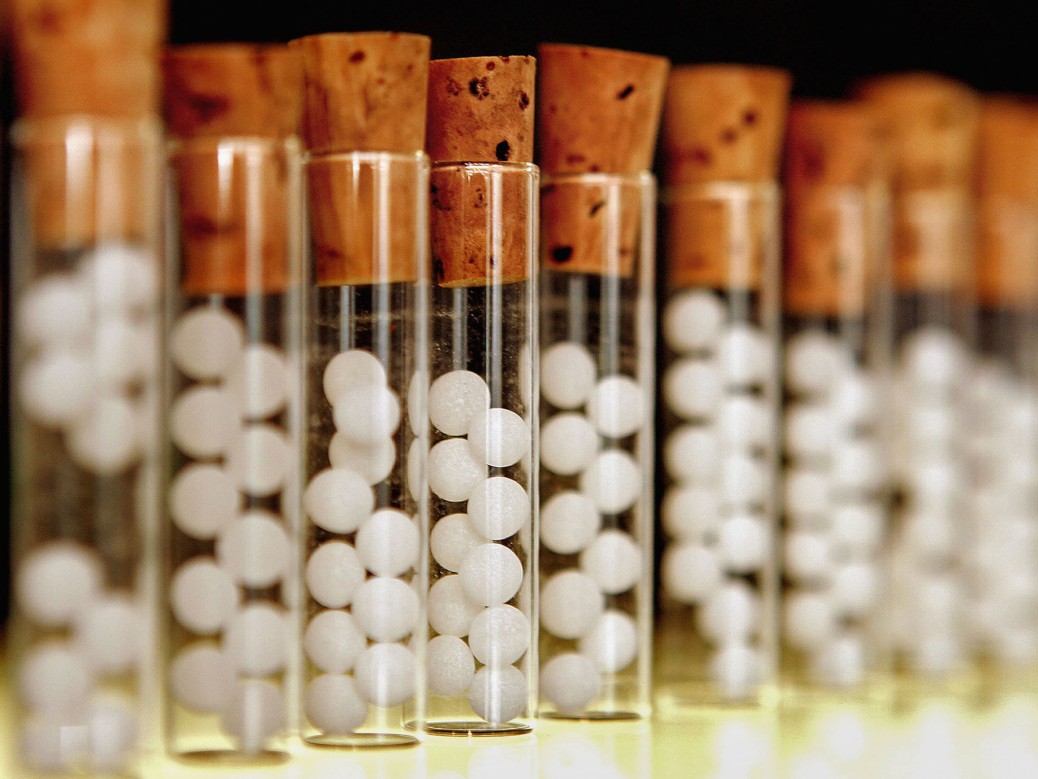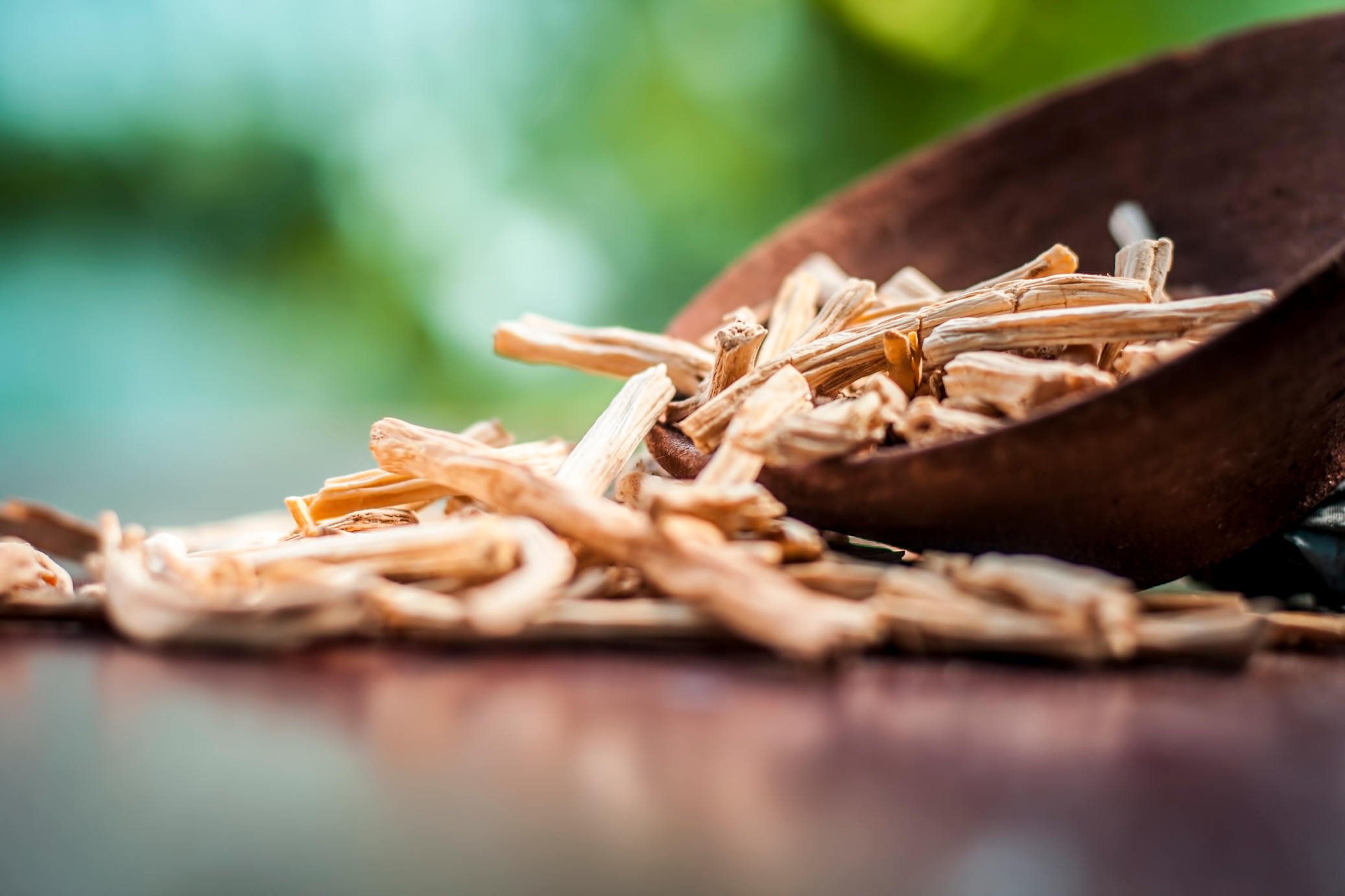Mouth ulcers – also known as canker sores – are normally small, painful lesions that develop in your mouth or at the base of your gums. They can make eating, drinking, and talking uncomfortable.
Women, adolescents, and people with a family history of mouth ulcers are at higher risk for developing mouth ulcer.
Causes
Minor mouth injury from dental work, hard brushing, sports injury, or accidental bite
- Toothpastes and mouth rinses that contain sodium lauryl sulfate
- Food sensitivities to acidic foods like strawberries, citrus, and pineapples, and other trigger foods like chocolate and coffee
- Lack of essential vitamins, especially B-12, zinc, folate, and iron
- Allergic response to mouth bacteria
- Dental braces
- Hormonal changes during menstruation
- Emotional stress or lack of sleep
- Bacterial, viral, or fungal infections
- Celiac disease (a condition in which the body is unable to tolerate gluten)
- inflammatory bowel disease
- Diabetes mellitus
- Behcet’s disease (a condition that causes inflammation throughout the body)
- A malfunctioning immune system that causes your body to attack the healthy mouth cells instead of viruses and bacteria
- HIV/AIDs
Symptoms
There are three types of canker sores: minor, major, and herpetiform.
1. Minor: Minor canker sores are small oval or round ulcers that heal within one to two weeks with no scarring.
2. Major: Major canker sores are larger and deeper than minor ones. They have irregular edges and can take up to six weeks to heal. Major mouth ulcers can result in long-term scarring.
3. Herpetiform: Herpetiform canker sores are pinpoint size, occur in clusters of 10 to 100, and often affect adults. This type of mouth ulcer has irregular edges and will often heal without scarring within one to two weeks.
You should see a doctor if you develop any of the following:
- Unusually large mouth ulcers
- New mouth ulcers before the old ones heal
- Sores that persist more than three weeks
- Sores that are painless
- Mouth ulcers that extend to the lips
- Pain that can’t be controlled with over-the-counter or natural medication
- Severe problems eating and drinking
- High fever or diarrhea whenever the canker sores appear
Treatment
- Using a rinse of saltwater and baking soda
- Placing milk of magnesia on the mouth ulcer
- Covering mouth ulcers with baking soda paste
- Using over-the-counter benzocaine (topical anesthetic) products like Orajel or Anbesol
- Applying ice to canker sores
- Using a mouth rinse that contains a steroid to reduce pain and swelling
- Using topical pastes
- Placing damp tea bags on your mouth ulcer
- Taking nutritional supplements like folic acid, vitamin B-6, vitamin B-12, and zinc
- Trying natural remedies such as chamomile tea, echinacea, myrrh, and licorice root
Homoeopathic Treatment
Arsenicum album: A person who breaks out in burning, painful mouth sores, and also feels anxious and tired, is likely to benefit from this remedy. Hot drinks often ease the pain, and the person feels best when keeping warm. People who need this remedy often have unhealthy, easily-bleeding gums, and tend to be extremely neat and tense.
Borax: This remedy relieves canker sores, especially in young children, that occur inside the cheeks.
Mercurius solubilis: This relieves canker sores with a bad taste in the mouth.
Nux vomica: A person who needs this remedy may break out in canker sores after overindulging in sweets, strong spicy foods, stimulants, or alcoholic beverages. The sores are often small, and the person may have swollen gums, a coated tongue, and bloody salivation. Irritability, impatience, and a general chilliness are often seen when this remedy is needed.
Sulphur: This remedy may be helpful for sores that are painful, red and inflamed, with burning pain that is worse from warm drinks and aggravated by heat of any kind. The mouth may have a bitter taste, and the gums can be swollen and throbbing. A person who needs this remedy often has reddish lips and mucous membranes, and a tendency toward itching and skin irritations.
Calcarea carbonica: This remedy is often indicated when infants and small children have recurring canker sores. A child who needs this remedy may also have head-sweats during sleep, and be slow to teethe or learn to walk. Calcarea carbonica may help with canker sores in adults who are chilly, stout, and easily fatigued.
Hepar sulphuris calcareum: If a person develops painful mouth sores that become infected – with pus formation, extreme sensitivity, and aggravation from cold drinks – this remedy may be indicated. A person needing Hepar sulph often feels extremely chilly, vulnerable, and oversensitive.
Kali bichromicum: This remedy relieves canker sores that are deep and clean cut, with a yellowish color.
Natrum muriaticum: Pearly sores that erupt inside the mouth, especially on the gums or tongue, may respond to this remedy. The mouth feels dry, and the tongue may have a tingling feeling. People who need this remedy often are troubled by cold sores around the corners of the mouth or chin, and have chapped or cracking lips. A craving for salt, strong thirst, and a tendency to feel worse from being in the sun are other indications for Natrum muriaticum.
Tags: Mouth Ulcer And Homoeopathy











Great post. I was checking continuously this weblog and I am impressed!
Extremely helpful information specifically the closing phase :
) I handle such info a lot. I was seeking this certain information for a very lengthy time.
Thank you and best of luck.